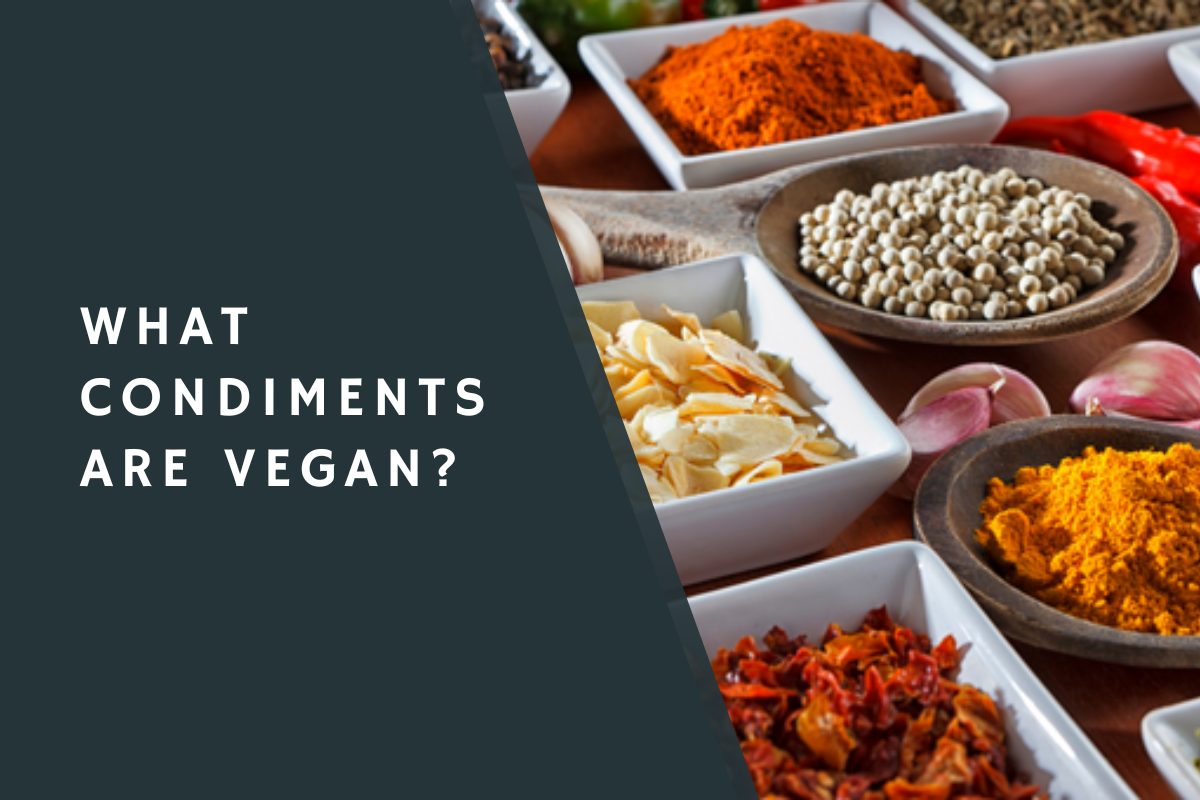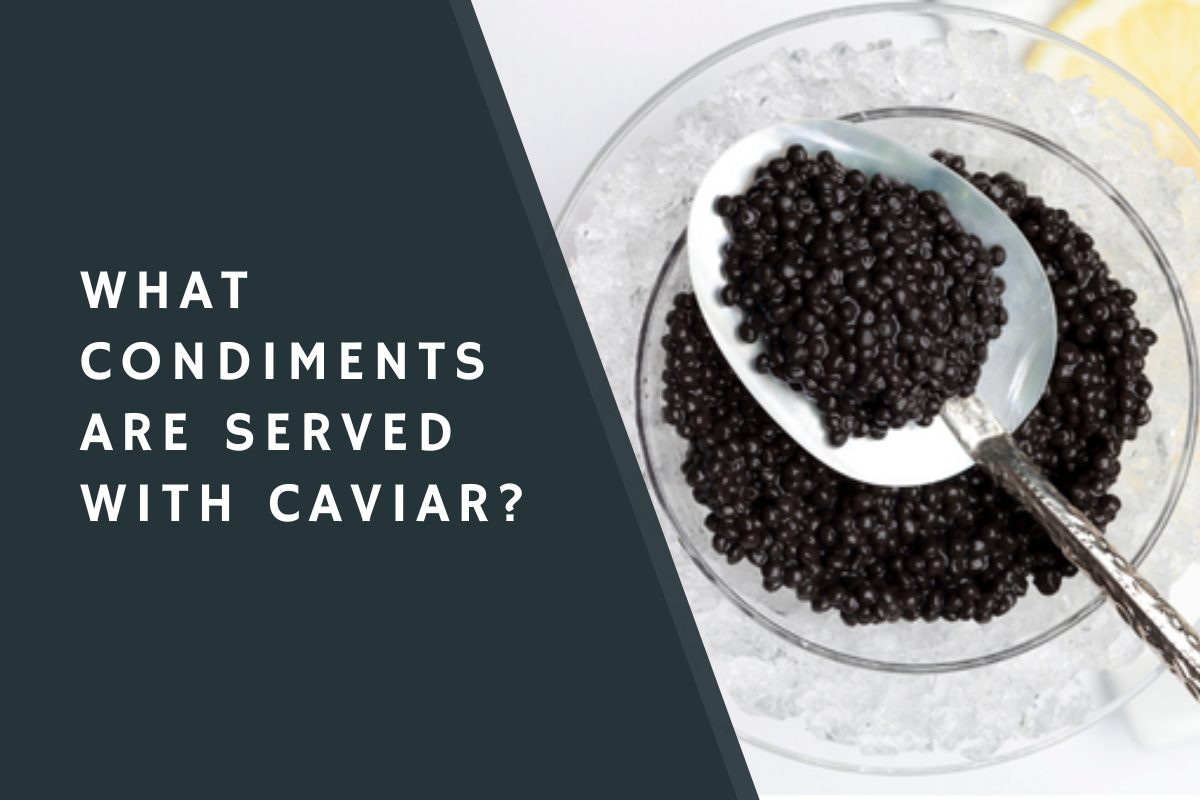Gluten is a protein found in wheat, barley, and rye, and it is often used as a thickening agent in various condiments.
For people with celiac disease or gluten sensitivity, consuming gluten can cause serious health problems. It is important for these individuals to avoid gluten in their diet, including in condiments.
What Condiments Are Gluten Free?
All of the standard condiments except for mustard are gluten free. Mustard may contain traces of wheat, however, and is best consumed sparingly.
In this article, we will discuss what condiments are gluten-free and provide some options for those looking to add flavor to their meals without gluten.

See Also: Where to Buy Condiment Packets?
What Condiments Are Gluten Free? – Guide
Many condiments like ketchup, mustard, mayonnaise, and vinegar are safe to eat. In fact, all of these can be gluten free because they are made with gluten-free grain products like rice and corn. Here are some gluten free condiments:
Salad Dressings
Many salad dressings contain gluten, particularly those that are creamy or thickened with wheat-based ingredients.
However, there are plenty of gluten-free options available, including vinaigrettes made with olive oil and vinegar, as well as dairy-based dressings like ranch and blue cheese.
Be sure to read the labels carefully and look for dressings that are specifically labeled as gluten-free.
Barbecue Sauce
Barbecue sauce is a staple condiment for many people, but it can be difficult to find a gluten-free version.
Some brands use wheat flour as a thickening agent, so it is important to check the label.
However, there are many gluten-free barbecue sauces available, including those made with alternative thickeners like cornstarch or arrowroot.
Ketchup
Ketchup is a popular condiment that is often used on a variety of dishes, from burgers to fries to eggs.
Fortunately, most ketchup brands are gluten-free, as they are typically made with tomato paste, vinegar, and sugar.
However, it is always a good idea to check the label to be sure, as some brands may add wheat-based ingredients for flavor or thickening.
Mustard
Mustard is another condiment that is often gluten-free, as it is made with mustard seeds, vinegar, and other spices.
However, some brands may add wheat-based ingredients, so it is important to check the label.
Dijon mustard is a good choice for those looking for a gluten-free option, as it is made with white wine rather than wheat-based vinegar.
Mayonnaise
Mayonnaise is a common condiment that is made with eggs, oil, and vinegar. Most mayonnaise brands are gluten-free, but it is always a good idea to check the label, as some may add wheat-based ingredients for flavor.
There are also vegan mayonnaise options available that are made with alternative ingredients like tofu or aquafaba (the liquid from a can of chickpeas).
Are Most Condiments Gluten-free?
While many condiments are naturally gluten-free, such as those made with vinegar or oil, others may contain gluten as an added ingredient.
For example, some salad dressings and barbecue sauces may use wheat flour as a thickening agent, and some mayonnaise and mustard brands may add wheat-based ingredients for flavor.
It is always important to check the labels of condiments to be sure they are gluten-free, particularly if you have celiac disease or gluten sensitivity.
There are also many brands that offer gluten-free options specifically for those who need to avoid gluten in their diet.
Do Any Condiments Have Gluten?
Yes, some condiments may contain gluten as an added ingredient. For example, some salad dressings and barbecue sauces may use wheat flour as a thickening agent, and some mayonnaise and mustard brands may add wheat-based ingredients for flavor.
It is important to check the labels of condiments to be sure they are gluten-free, particularly if you have celiac disease or gluten sensitivity. Some examples of condiments that may contain gluten include:
- Creamy salad dressings (such as ranch or Caesar)
- Barbecue sauce
- Worcestershire sauce
- Soy sauce
- Teriyaki sauce
- Hoisin sauce
- Malt vinegar
It is always a good idea to check the labels of condiments to be sure they do not contain gluten.
There are also many brands that offer gluten-free options specifically for those who need to avoid gluten in their diet.
condiments with gluten?
Many condiments may contain gluten, especially those made with grains such as wheat, barley, and rye.
However, not all condiments contain gluten, and some brands offer gluten-free versions of their products.
It’s always important to read the label and check the ingredients before consuming any condiment if you have a gluten intolerance or sensitivity.
Here are some common condiments that may contain gluten:
- Soy sauce: regular soy sauce contains wheat, but gluten-free versions are available.
- Worcestershire sauce: this sauce typically contains malt vinegar, which is made from barley and therefore contains gluten.
- Teriyaki sauce: like soy sauce, many teriyaki sauces contain wheat, but gluten-free versions are available.
- Salad dressings: some salad dressings may contain wheat or other gluten-containing ingredients. Always check the label before consuming.
- Mustard: some mustards may contain wheat flour or other gluten-containing ingredients.
- Barbecue sauce: some barbecue sauces may contain wheat or barley.
It’s important to note that condiments can be a hidden source of gluten, so it’s always a good idea to check the label and do your research to ensure that the condiments you are consuming are gluten-free.
Conclusion
In short, it is important for people with celiac disease or gluten sensitivity to be mindful of the ingredients in condiments.
While some condiments may contain gluten, there are plenty of gluten-free options available, including vinaigrettes, barbecue sauce, ketchup, mustard, and mayonnaise.
Be sure to read labels carefully and look for condiments that are specifically labeled as gluten-free to ensure a safe and healthy diet.
I hope this blog post is helpful for you in understanding what condiments are gluten-free.
Read Also: What Condiment Goes with Ham?
I am an accomplished tech writer with a passion for simplifying complex technology concepts. With a background in Tech, James has dedicated their career to making the intricacies of the digital world accessible to a broad audience.








